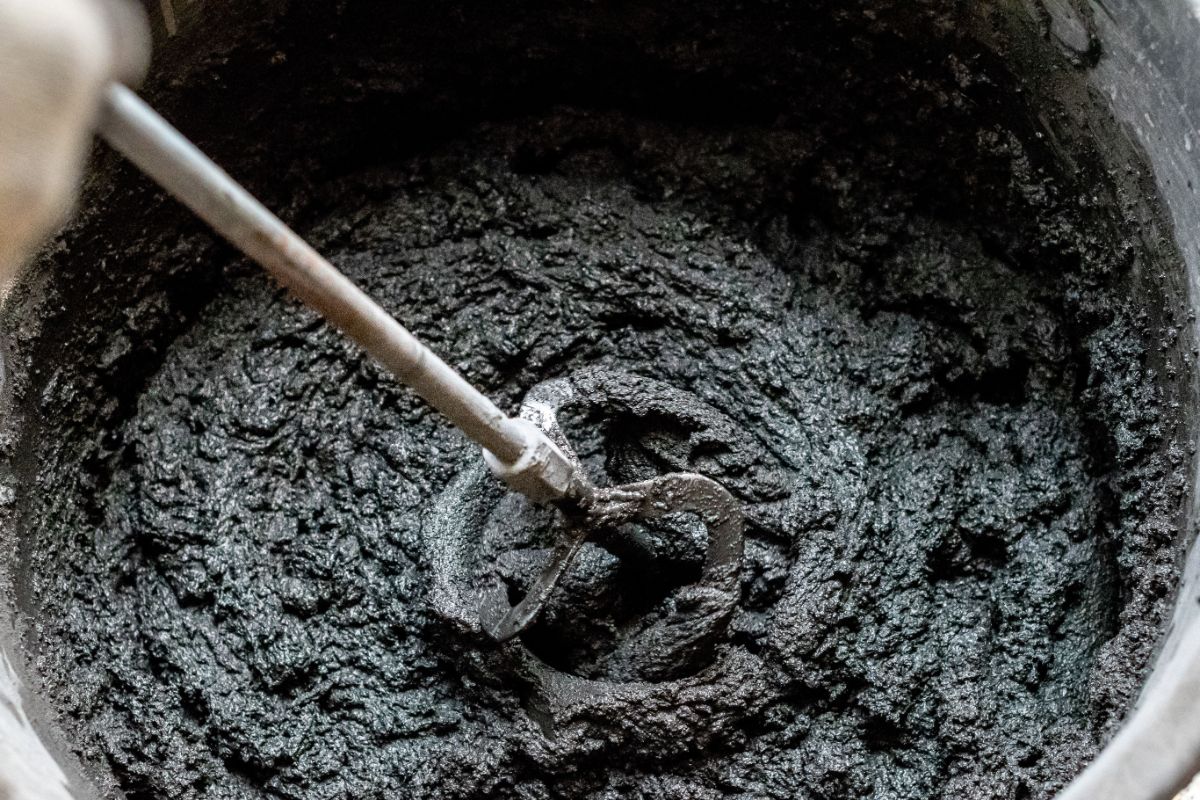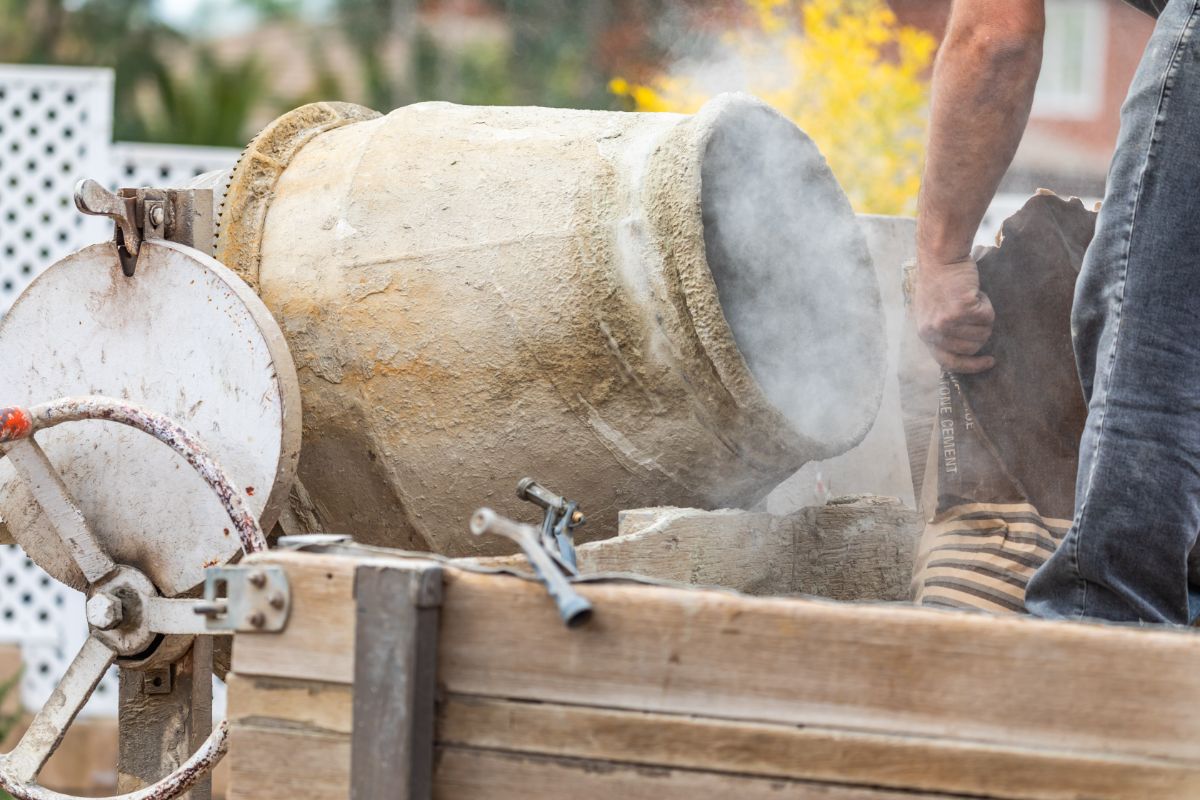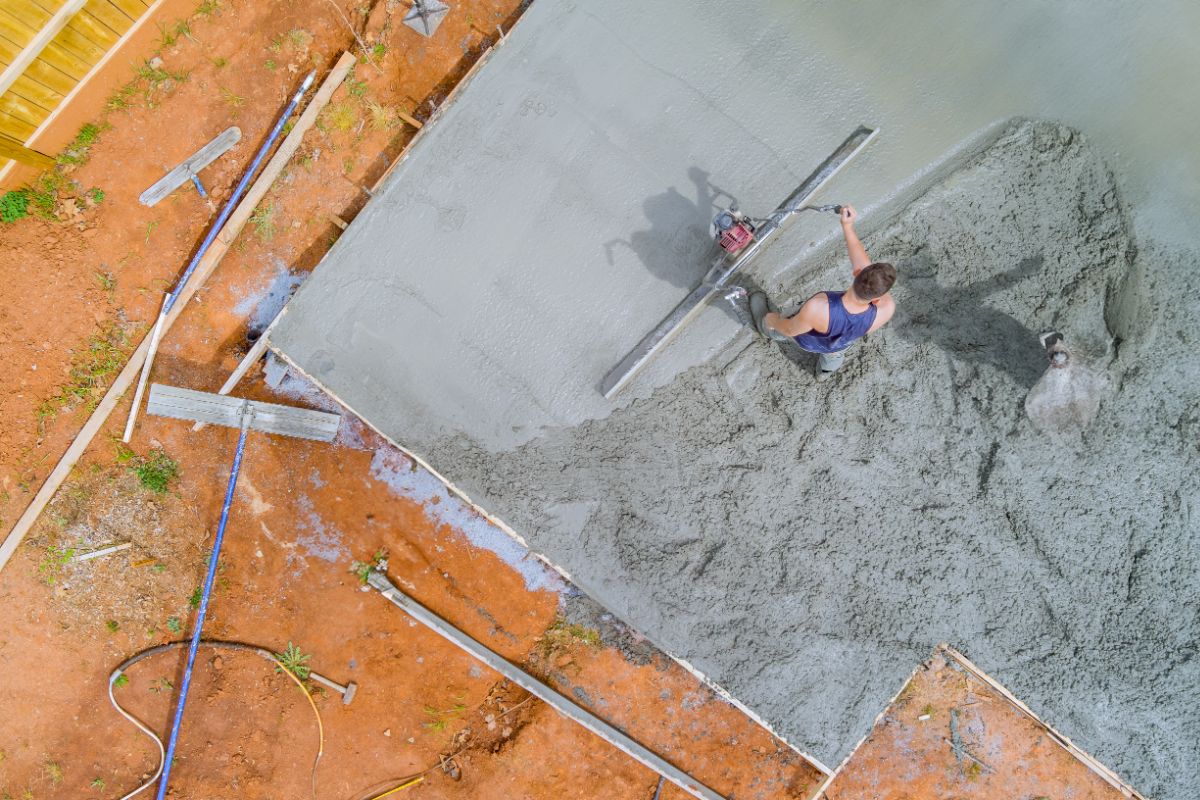

Overview
- Ready-mix concrete and on-site mixed concrete are both common methods used in construction projects. It is important to understand the distinctions between them to make informed decisions regarding project requirements and constraints.
- Taking into account various factors such as consistency, convenience, cost, flexibility, quality control, and project size, ready-mix concrete emerges as the most advantageous choice.
- Obtain your ready-mix concrete from Big Ben, the leading provider of ready-mix concrete solutions in the Philippines.
Concrete serves as a foundational pillar in construction. Its unmatched versatility and reliability make it an ideal choice for a wide array of structures, such as bridges, dams, pavements, and towering structures. Two primary types of concrete are commonly used: ready-mix concrete and on-site mixed concrete. Each approach presents distinct advantages and considerations, shaped by project scale, timeline, and customization requirements.
Contractors must weigh the benefits and drawbacks of each approach to determine the most suitable option. In this article, we will explore the disparities between ready-mix concrete vs on-site mixed concrete, highlighting the reasons why ready-mix concrete often emerges as the preferred option for construction projects.
Ready-mix concrete is a meticulously engineered construction material, consisting of cement, water, aggregates, and admixtures. Manufactured at centralized batching plants, its production process eradicates the need for on-site concrete mixing, offering significant advantages in terms of efficiency, cost-effectiveness, and superior quality. With a global market exceeding USD 520.5 billion in 2023, ready-mix concrete has solidified its position as the preferred option for construction ventures worldwide.
This plays an important role in various construction projects across the Philippines. As a reliable provider of ready-mix concrete in the Philippines, Big Ben strategically locates its batching plants to ensure precise mixing, consistent quality, and efficient solutions. The successful execution of their projects shows their commitment to excellence in construction, reinforcing their reputation as a trusted partner in the industry.
On-site mixed concrete, prepared directly at the construction site, offers unparalleled flexibility and customization to meet project specifications. By mixing concrete components on-site, construction teams can adjust proportions and techniques to achieve the desired strength and consistency. However, ensuring consistent quality requires meticulous planning, precise measurements, and expert execution throughout the construction process.
Selecting the right type of concrete is essential, as both ready-mix and on-site mixed options offer distinct advantages depending on the project’s requirements. By understanding the differences between them, project managers can make informed decisions to ensure optimal results.
Ready-mix concrete, manufactured at batching plants, ensures consistent quality with precise mix proportions and uniformity. Conversely, on-site mixed concrete quality may fluctuate due to factors like worker skill, equipment availability, and weather conditions, leading to potential inconsistencies in mix proportions and overall quality.
Transporting ready-mix concrete directly to the construction site provides unmatched convenience, saving labor and time by evading the need for on-site mixing. In contrast, preparing concrete on-site entails manual mixing of raw materials, a process that can be laborious and time-consuming, especially for large-scale projects.

On-site mixed concrete presents a more cost-effective alternative, especially for smaller-scale projects or sites near raw material sources, as it eliminates transportation fees and reduces batching plant expenditures. Ready-mix concrete typically involves higher costs due to factors like transportation expenses, plant operations, and quality control measures.
Crafted at batching plants following strict formulations, ready-mix concrete arrives at the construction site prepared for instant application. In contrast, on-site mixed concrete allows enhanced flexibility in tailoring mix proportions to project specifications and environmental variables. Nevertheless, manual procedures may occasionally yield irregular mixtures, potentially impacting project results.
Continuous supervision is necessary when preparing on-site mixed concrete to ensure consistency among batches. Variations in mixing techniques can occur without vigilant monitoring, leading to consistency in the final product. In contrast, ready-mix concrete is created in batching plants with strict quality control measures. This ensures uniformity and reliability in construction projects.

Each option presents distinct advantages tailored to specific project needs and circumstances. On-site mixed concrete offers flexibility and cost-effectiveness, making it ideal for smaller projects or locations with limited access to pre-mixed concrete. However, ready-mix concrete is preferred for its reliability and uniform quality, making it suitable for large-scale construction projects with stringent requirements.
Ready-mixed concrete is favored by contractors due to its numerous advantages. Produced in controlled environments at batching plants, it guarantees consistent quality and adherence to stringent industry standards, minimizing the risk of human error. Additionally, its streamlined delivery directly to the construction site saves significant time and labor costs, boosting project efficiency and reducing overall expenses.
Moreover, it allows construction experts to customize mix proportions and incorporate additives based on project requirements, ensuring the concrete meets specific criteria like strength, durability, and workability. This adaptability makes ready-mix concrete the ideal choice for achieving optimal project performance and meeting diverse construction needs.
The comparison between ready-mix concrete vs on-site mixed concrete involves evaluating several factors. However, ready-mix concrete is favored for its efficiency, consistent quality, and user-friendly nature. Its precise formulation supports effective project execution, resulting in streamlined operations and expedited project completion.
Rely on Big Ben for dependable ready-mix concrete and construction solutions in the Philippines. Whether your project is a large-scale infrastructure endeavor or a smaller construction venture, we provide customized solutions to suit your needs. Our commitment to precision, punctual delivery, and outstanding customer service ensures your project’s success. Contact us today